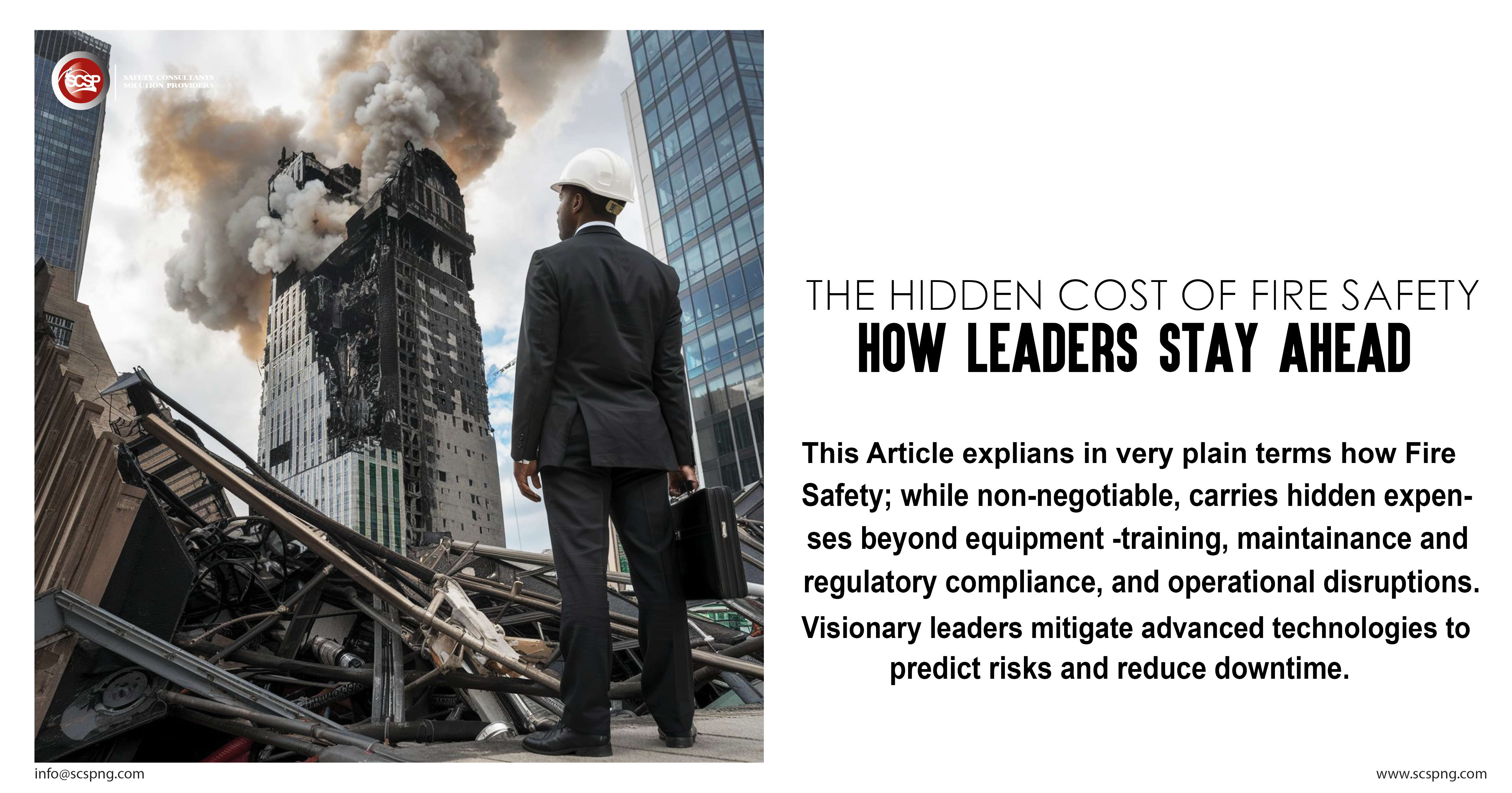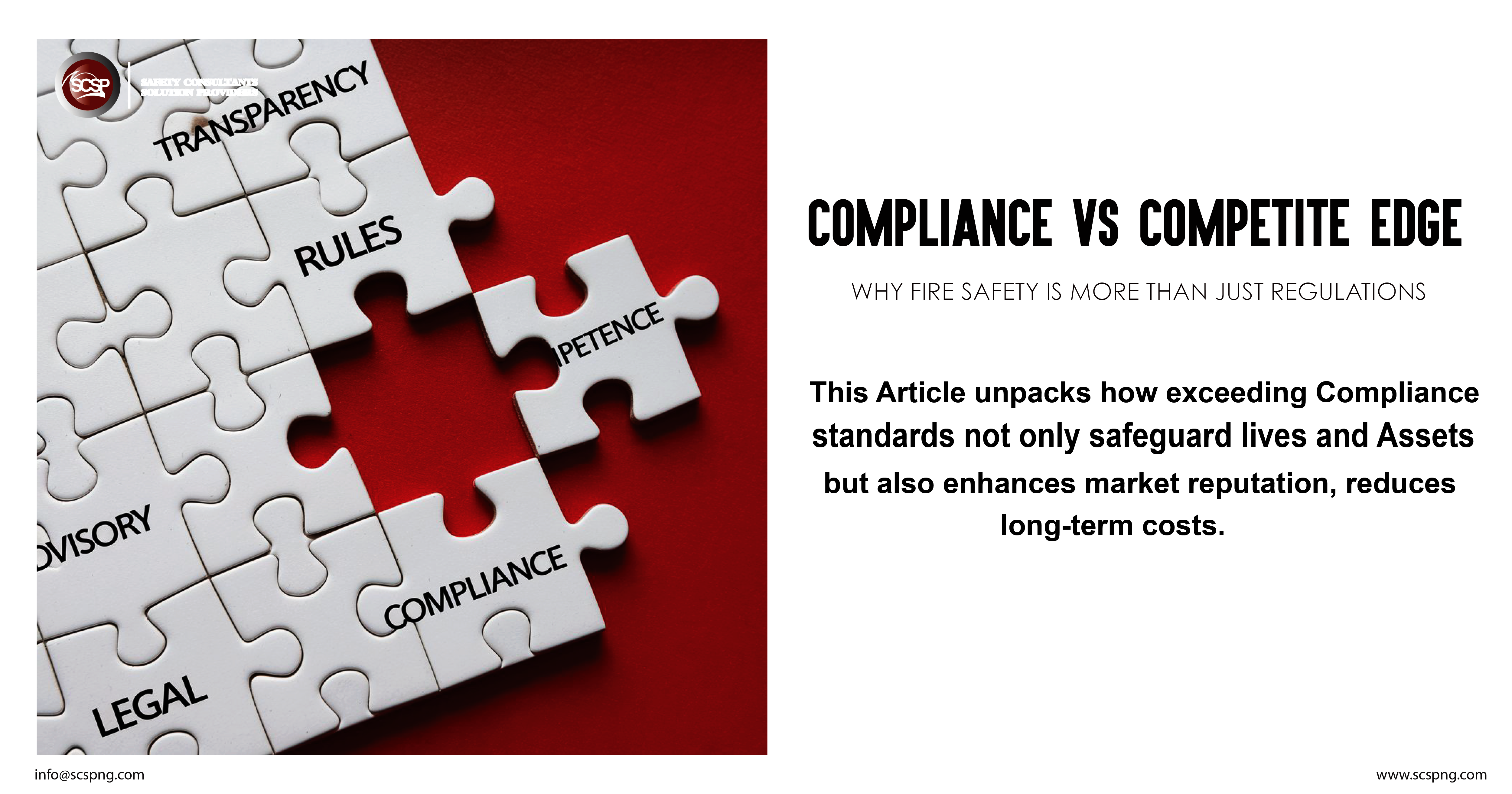Investor confidence is fundamentally shaped by a company’s demonstrated commitment to robust risk management and operational resilience, particularly through the implementation of comprehensive safety strategies. From a marketing perspective, showcasing a company’s proactive approach to risk mitigation—such as advanced fire safety protocols, regular safety audits, and employee training programs—can significantly enhance its attractiveness to potential investors. This commitment signals a lower risk profile, indicating that the company is well-prepared to handle emergencies and sustain operations during crises. Highlighting these efforts in marketing materials not only builds trust but also portrays the company as a reliable, forward-thinking entity dedicated to protecting its assets and stakeholders. Consequently, this perception of stability and security fosters investor confidence, making the company a more appealing and viable investment opportunity in a competitive market.

For investors, the assurance that businesses prioritize and effectively manage fire safety can significantly influence their confidence and investment decisions. Fire safety is not merely a regulatory compliance issue; it is a fundamental aspect of risk management that safeguards assets, protects lives, and ensures operational continuity. Nigerian businesses must adopt comprehensive fire safety measures, including state-of-the-art detection systems, regular safety audits, and rigorous training programs, to mitigate the risks associated with fire hazards. By doing so, they not only protect their physical and human resources but also enhance their resilience and reliability in the eyes of potential investors.
Investors are acutely aware of the catastrophic impact that fire incidents can have on businesses, from devastating property damage and loss of life to prolonged operational disruptions and financial losses. In a market as volatile as Nigeria’s, where infrastructural challenges and regulatory lapses are prevalent, the proactive adoption of fire safety strategies becomes even more crucial. Companies that demonstrate a commitment to fire safety are better positioned to maintain continuity during crises, thereby reducing downtime and safeguarding their market position. This commitment not only minimizes immediate risks but also contributes to long-term stability and
growth, making such companies more attractive to investors who seek reliable and sustainable investment opportunities.
Moreover, the integration of fire safety strategies into business planning and activities is a testament to a company’s overall governance and risk management ethos. For investors, this integration signals a proactive and comprehensive approach to business management, reflecting a company’s dedication to protecting its stakeholders and ensuring sustainable operations. Investors are more likely to trust and invest in businesses that exhibit a strong safety culture, as it indicates a lower risk profile and a higher potential for consistent returns. In conclusion, prioritizing fire safety strategies is not just about compliance; it is about building investor confidence and fostering a secure, resilient business environment in Nigeria. By emphasizing fire safety, businesses can enhance their appeal to investors, thereby securing the necessary capital to drive innovation and growth.









